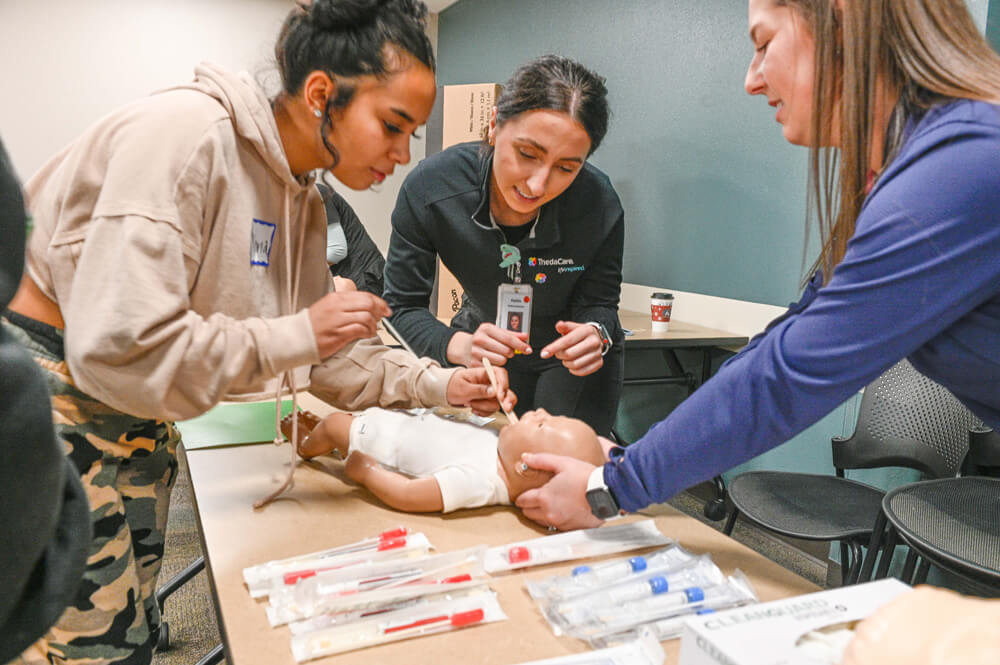Teens
Adolescence is a critical period of growth and change, marked by significant physical, emotional, and social development. During this time, teens may face various mental health challenges that can impact their overall well-being. Understanding these challenges and knowing how to address them is crucial for fostering resilience and supporting healthy development. This guide provides an overview of common mental health issues in teens, signs to watch for, and strategies to support their mental health.
Understanding Teen Mental Health
The Importance of Mental Health in Adolescence
Mental health during the teenage years is vital for several reasons:
- Emotional Stability:
Helps teens manage emotions and stress.
- Academic Success:
Good mental health supports focus, motivation, and learning.
- Social Relationships:
Positive mental health fosters healthy interactions with peers and family.
- Long-term Well-being:
Early mental health care can prevent future problems and promote lifelong resilience.
Common Mental Health Issues in Teens
Teens can experience a range of mental health issues, including:
- Anxiety Disorders:
Persistent worry, fear, or anxiety that interferes with daily activities.
- Depression:
Prolonged sadness, irritability, or loss of interest in activities they once enjoyed.
- Eating Disorders:
Unhealthy eating habits, such as anorexia, bulimia, or binge eating disorder.
- Substance Abuse:
Misuse of alcohol, drugs, or other substances.
- Behavioral Disorders:
Patterns of disruptive or aggressive behavior.
- Self-Harm:
Intentional injury to oneself, such as cutting or burning.
Recognizing Signs of Mental Health Issues
Behavioral Changes
Watch for significant changes in your teen’s behavior, such as:
- Withdrawal:
Avoiding friends, family, and social activities.
- Changes in Eating or Sleeping Habits:
Eating significantly more or less, or changes in sleep patterns.
- Decline in Academic Performance:
Sudden drop in grades or lack of interest in school.
Emotional and Cognitive Signs
- Excessive Worry or Fear:
Being overly anxious about everyday activities or events.
- Persistent Sadness or Irritability:
Lasting feelings of sadness or anger.
- Difficulty Concentrating:
Struggling to focus on tasks or easily getting distracted.
Physical Symptoms
- Frequent Headaches or Stomachaches:
Often without a clear medical cause.
- Fatigue:
Persistent tiredness or low energy.
Strategies to Support Teen Mental Health
Foster Open Communication
- Encourage Expression:
Create a safe space for your teen to talk about their feelings and concerns. Listen without judgment and validate their emotions.
- Be Available:
Let your teen know you are there for them and willing to listen anytime they need to talk.
Build Resilience and Coping Skills
- Teach Problem-Solving Skills:
Help your teen develop strategies for solving problems and making decisions.
- Stress-Relief Techniques:
Introduce activities like deep breathing, meditation, or hobbies they enjoy to manage stress.
Encourage Positive Relationships
- Family Time:
Spend quality time together to strengthen family bonds.
- Social Skills:
Encourage your teen to make friends and engage in social activities.
Monitor and Guide Online Activity
- Healthy Online Habits:
Teach your teen about safe and healthy online behavior. Limit screen time and encourage offline activities.
- Cyberbullying Awareness:
Educate your teen about the dangers of cyberbullying and how to seek help if they encounter it.
Seek Professional Help
If you notice persistent signs of mental health issues, consider consulting a mental health professional. Early intervention can make a significant difference in your teen’s well-being.
Resources for Teens and Parents
Educational Materials
- Books and Online Resources:
Educate yourself and your teen about mental health through reliable sources like the National Alliance on Mental Illness (NAMI) and Mental Health America (MHA).
- Workshops and Seminars:
Attend local or online events to learn more about supporting teen mental health.
Professional Support
- Therapists and Counselors:
Professionals who specialize in teen mental health can provide assessments and treatment plans.
- Support Groups:
Join support groups for teens and parents to share experiences and strategies with others.
Supporting your teen’s mental health is a crucial aspect of their overall development. By recognizing the signs of mental health issues, fostering open communication, promoting a healthy lifestyle, and seeking professional help when needed, you can help your teen navigate adolescence with resilience and confidence. Remember, you are not alone in this journey. Utilize available resources and seek support to ensure the best for your teen’s mental health. By taking proactive steps, you can create a healthier and more supportive environment for your teen’s growth and well-being.
Supporting your teen’s mental health is a crucial aspect of their overall development. By recognizing the signs of mental health issues, fostering open communication, promoting a healthy lifestyle, and seeking professional help when needed, you can help your teen navigate adolescence with resilience and confidence. Remember, you are not alone in this journey. Utilize available resources and seek support to ensure the best for your teen’s mental health. By taking proactive steps, you can create a healthier and more supportive environment for your teen’s growth and well-being.
